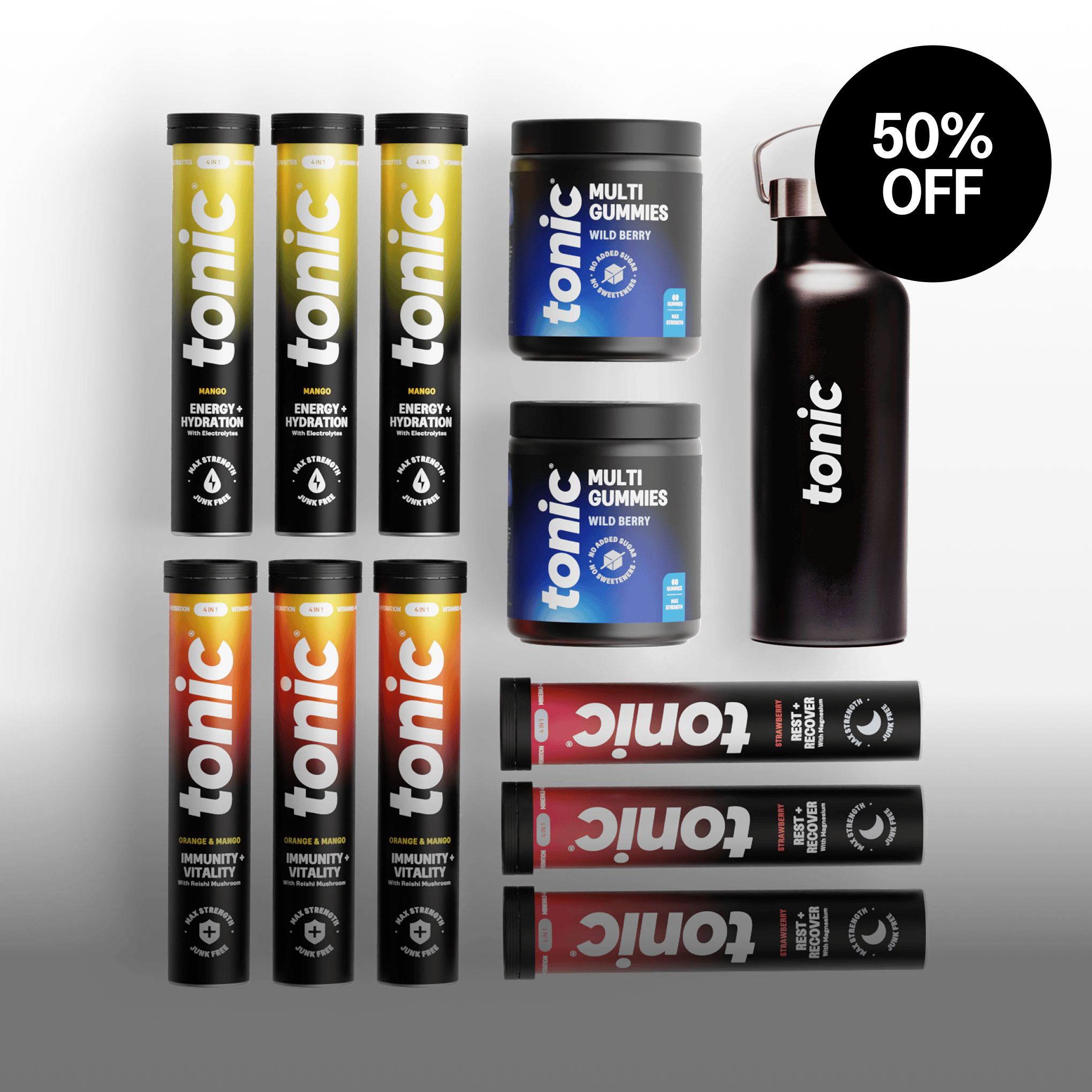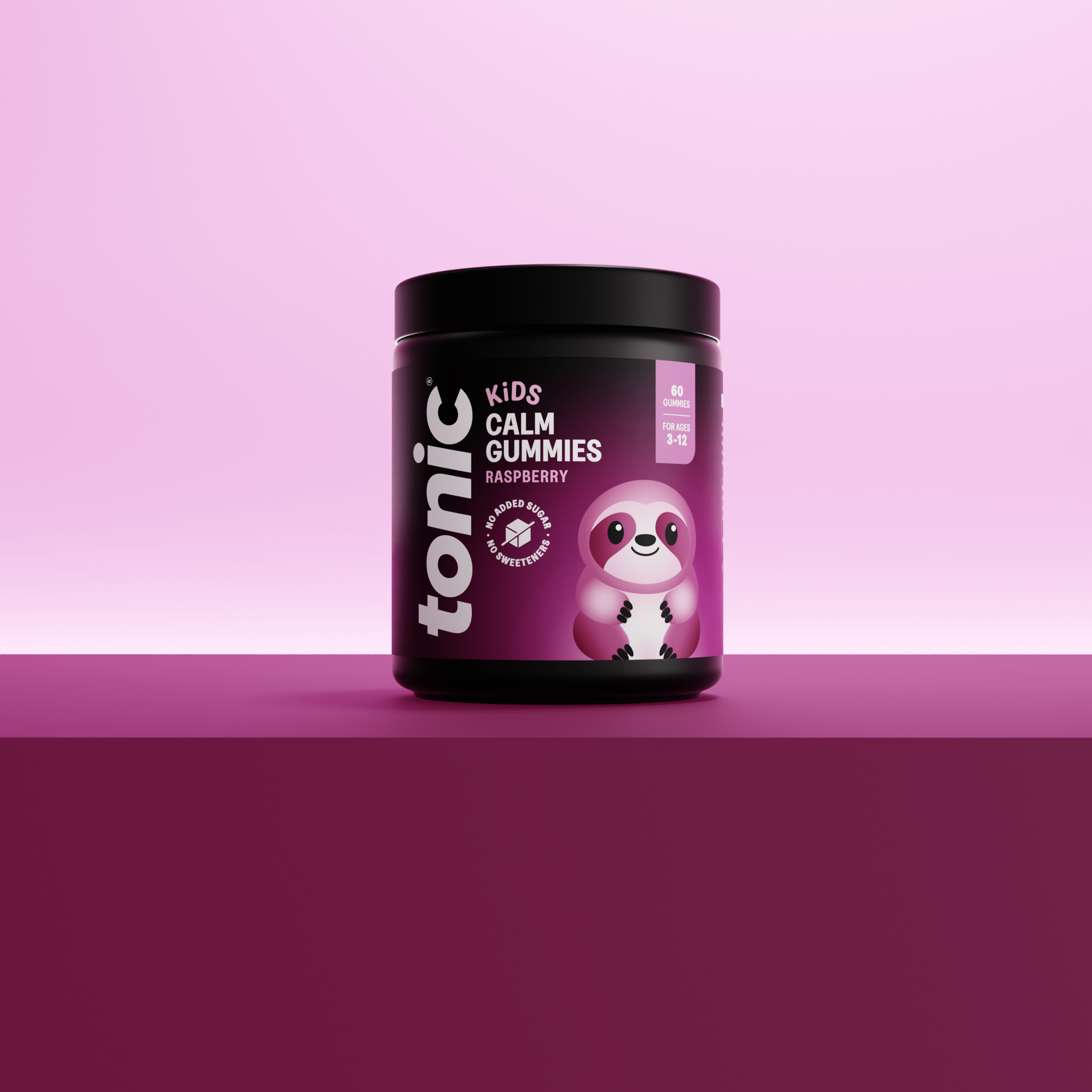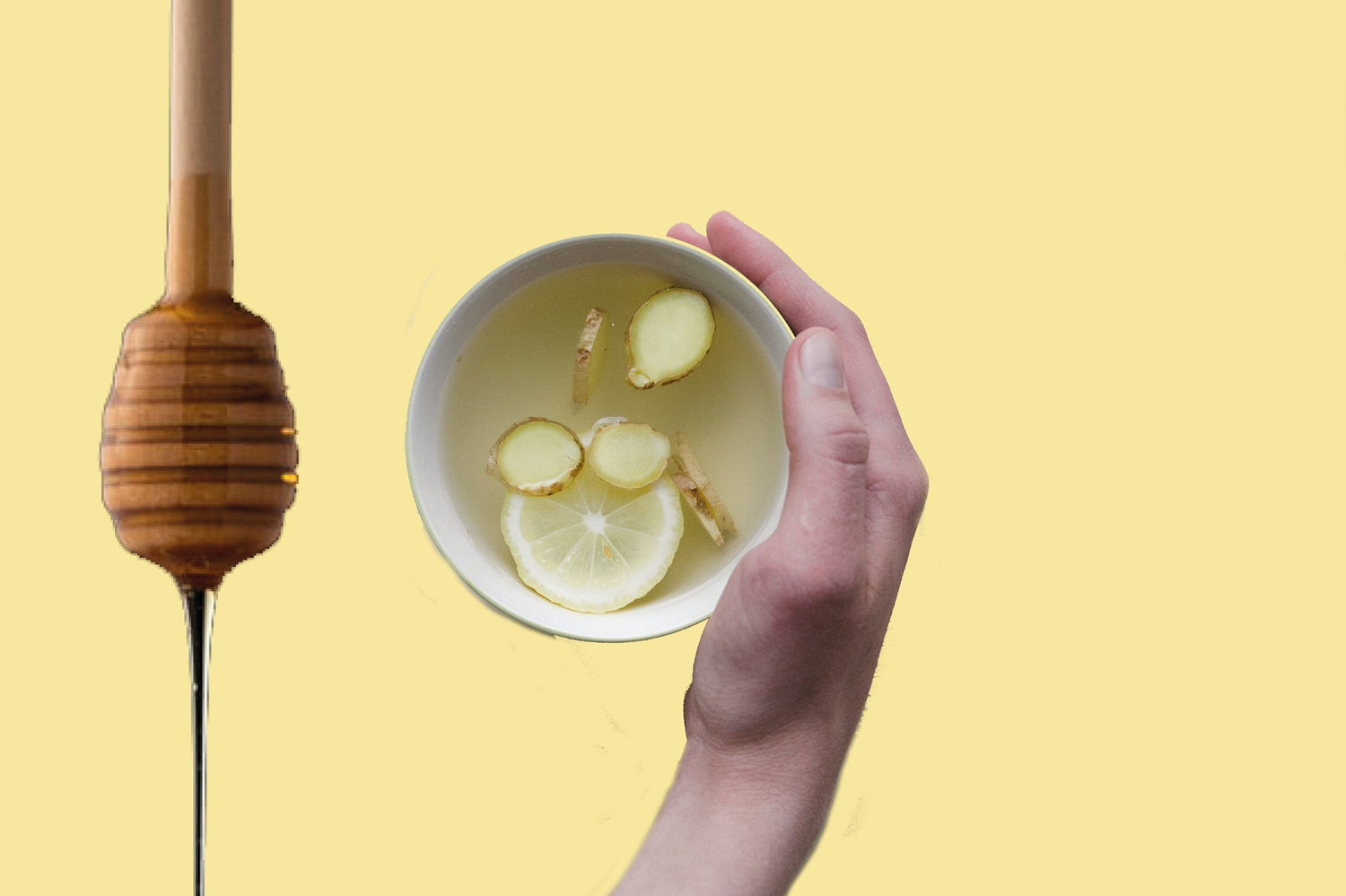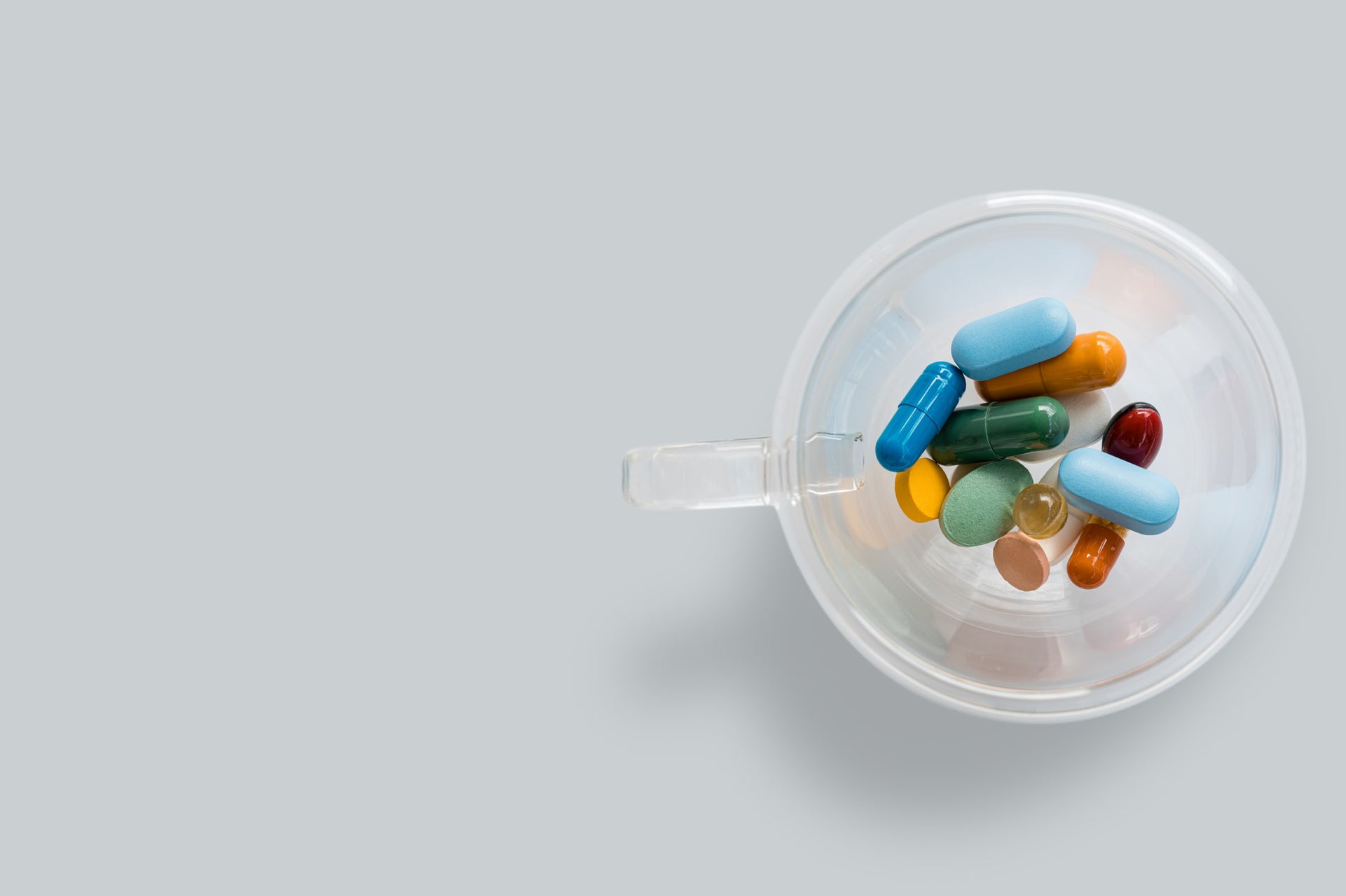A soothing mug of honey-lemon drink may be one of the most time-honoured traditions for ‘treating’ a cold, but did you know that it could be more than just a myth?
In today’s age of relentless scientific advances compared to past generations, it would easy to presume that people take lemon and honey brews in response to a cold simply because they have always done, or due to its pleasant flavour and scent.
But there’s also surprisingly strong scientific evidence for the benefits of these ingredients if you do come down with a cold – such as the below...
-
Honey: more than just a sticky treat...
Its use as both food and medicine dates back to ancient times, but its track record of effectiveness has also been documented in much more recent studies.
A 2017 review in Pharmacognosy Research, for example, found that honey has antioxidant, anti-inflammatory and antimicrobial properties. Meanwhile, a July 2014 study published in the Archives of Medical Research indicated that honey inhibited the influenza virus’s growth.
Further evidence of honey’s effectiveness for colds was widely reported in 2018, when the National Institute for Health and Care Excellence (NICE) and Public Health England (PHE) proposed new guidelines for adults and children over five years of age.
The guidance recommended honey as a first line of treatment for people with coughs, based on trials showing that children given honey coughed less often and had less severe coughs than those who were given no treatment.
-
What about lemon?
Lemon, too, has been subject to scientific scrutiny down the years, in acknowledgement of its long-time use by cold sufferers. Sure enough, in 2008, Cardiff University’s Common Cold Centre concluded that drinking a fruit cordial could help to relieve winter coughs and sneezes.
The relevance of lemon in particular, however, can be largely attributed to it being an excellent source of vitamin C. This is a key vitamin for protecting yourself against seasonal nasties, given that it is essential for the production of collagen that serves as an external barrier to pathogens.
Vitamin C also helps the body to absorb minerals such as zinc and iron, which play their own role in keeping the immune system healthy.
However, there are also aspects of lemon that are useful independent of its vitamin C content. These include the limonenes it contains that are powerful anti-inflammatory molecules, as well as the dietary fibre it offers that is necessary for a healthy gut.
-
Even ginger can make a real difference to your immunity...
Another long-time natural remedy for colds, ginger, is often used in lemon and honey drinks, and has its own benefits besides simply providing a warming flavour.
Ginger is good for you in general, helping to alleviate mild nausea, soothe the digestive system and relieve pain. In relation to the immune system specifically, the wide range of antioxidant and anti-inflammatory molecules that it contains can be instrumental in your body’s defence against viruses.
With its reputation for modulating both the innate and adaptive immune response, ginger has more than earned its place as an ingredient in our Lemon & Honey sachets.
-
Don’t only take lemon and honey drink when you already have a cold...
While a honey-lemon drink such as Tonic Health cannot guarantee that you won’t ever suffer from a cold, consuming it can't hurt either.
The vitamin C contained within lemon, for instance, has been particularly noted to have benefits when it is taken proactively and in the long term, rather than only in direct response to illness.
So, not just when you have a cold, but also during the winter and other periods when your immune system could benefit from a little extra support, drinking Tonic Health could be well worthwhile – not least for your own peace of mind.
Sources:
https://www.nhs.uk/news/heart-and-lungs/honey-not-antibiotics-recommended-coughs/
https://www.bbc.co.uk/news/health-45270134
https://www.mayoclinic.org/diseases-conditions/common-cold/expert-answers/honey/faq-20058031
https://www.livestrong.com/article/458312-lemon-honey-for-colds/
https://www.ncbi.nlm.nih.gov/pmc/articles/PMC5424551/
https://www.sciencedirect.com/science/article/abs/pii/S0188440914001106
https://www.webmd.com/cold-and-flu/qa/what-is-a-good-hot-lemon-drink-for-colds
https://metro.co.uk/2008/12/08/hot-lemon-drink-really-does-beat-colds-221105/
https://www.bbcgoodfood.com/howto/guide/ingredient-focus-ginger







Leave a comment
All comments are moderated before being published.
This site is protected by hCaptcha and the hCaptcha Privacy Policy and Terms of Service apply.